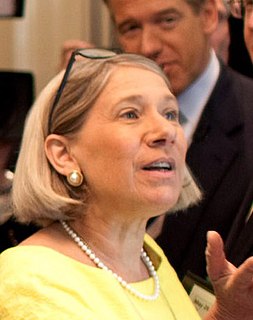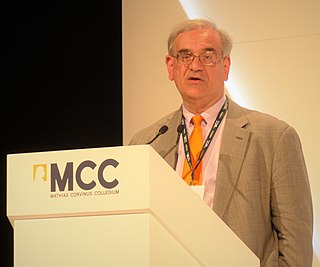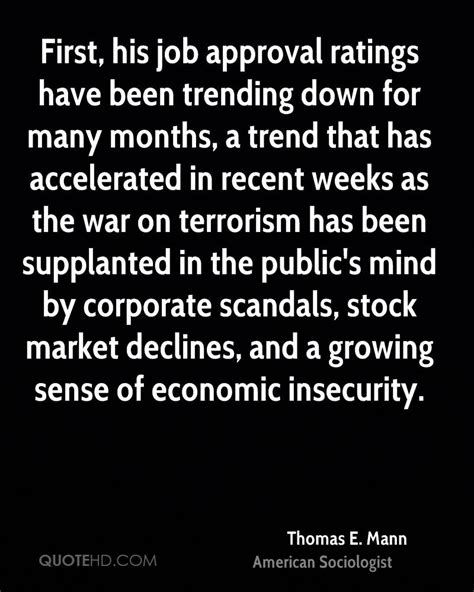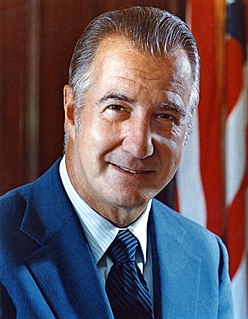A Quote by Anita Dunn
Trump is, to some extent, redefining what we think of as polarization in this country. Where polarization has been seen as ideological, it is now being seen almost as behavioral.
Quote Topics
Related Quotes
It's not uncommon for revolutions to stem from a radicalized group just outside the circle of power. That's what the French Revolution was all about; that's what the American Revolution was. The question is: Will all those groups, because of the nature of partisan polarization and ideological polarization, just fight each other? Or is there capacity to organize?
I don't think polarization is some kind of grand distraction. It's real. People have different commitments, believe in different things and principles, different visions of the good life ... but there is also a degree to which all the really big, successful reform movements in the country had extremely bizarre ideological coalitions.
Our characterization of collective folly is that sound judgment is not feasible when there is forced or false agreement in groups. We also show how group polarization sets the stage for risky and even dangerous decisions to be made. How we navigate between false agreement and polarization is the kind of mastery that collective wisdom represents.
Any classification according to a singular identity polarizes people in a particular way, but if we take note of the fact that we have many different identities - related not just to religion but also to language, occupation and business, politics, class and poverty, and many others - we can see that the polarization of one can be resisted by a fuller picture. So knowledge and understanding are extremely important to fight against singular polarization.
I'm old enough now that I've been around and I've seen a lot more things than I had seen when I started this program 27 years. I have seen presidents in action. I have been to the White House a number of times. I have been to fundraisers. I have been seen what happens at fundraisers. I've seen how elected officials treat fundraisers and donors and, believe me, the world revolves around them.
I think, you know, we always tell candidates, show, don`t tell, what you`re all about. I think Hillary Clinton's speech was an important speech that people are going to look at and they`re going to see not just the attacks on Donald Trump, but also her admission that maybe she`d been part of the polarization problem as well and she could do better.
A vast majority of the geographical area of the country would have been ignored during the campaign, and so the results would have been different. Who's to say Donald Trump would not have done better in California if he'd spent some time out there? And who's to say that Hillary Clinton would have done worse if she'd spent some time out there and actually had been seen by people in California like she was seen elsewhere as having questionable stamina.






























